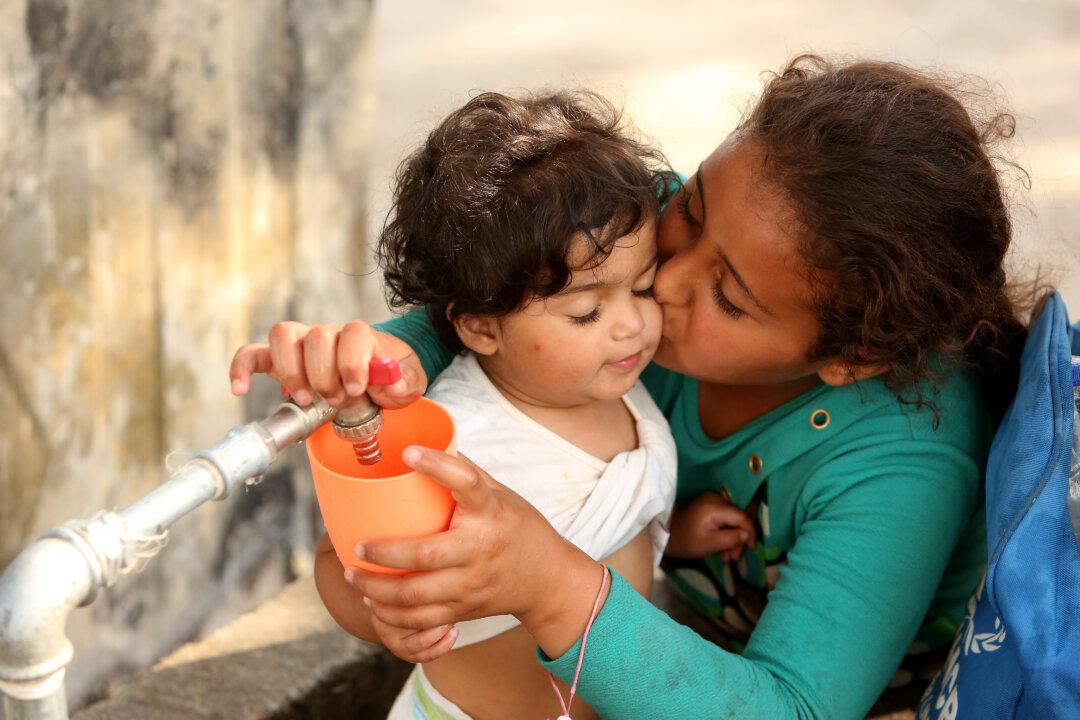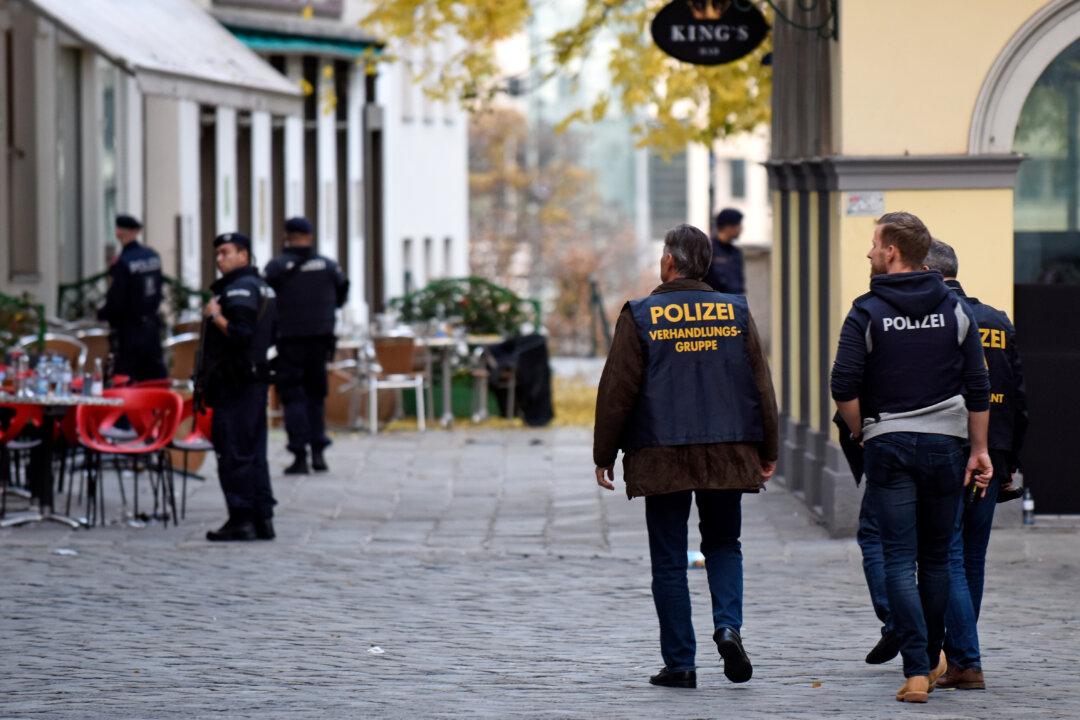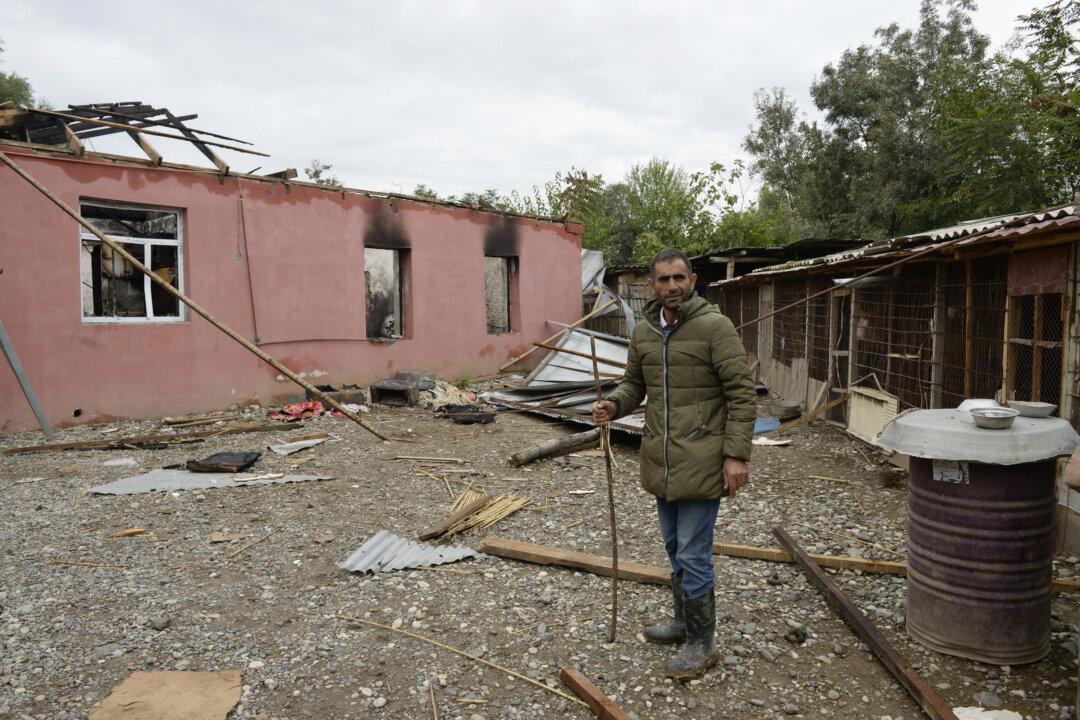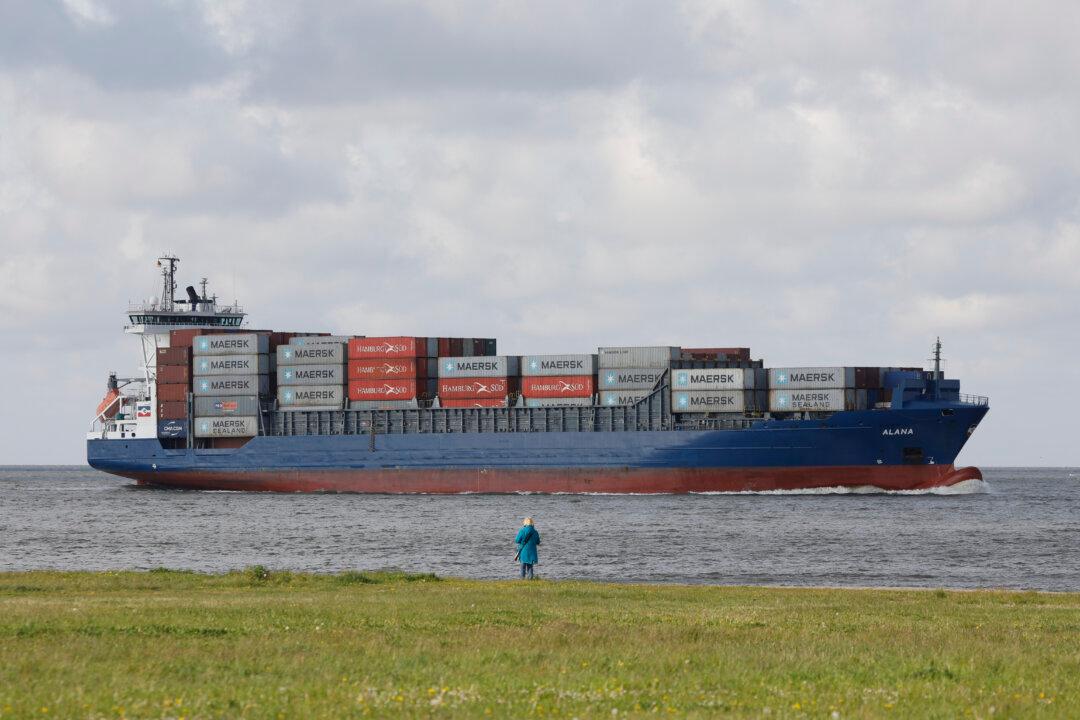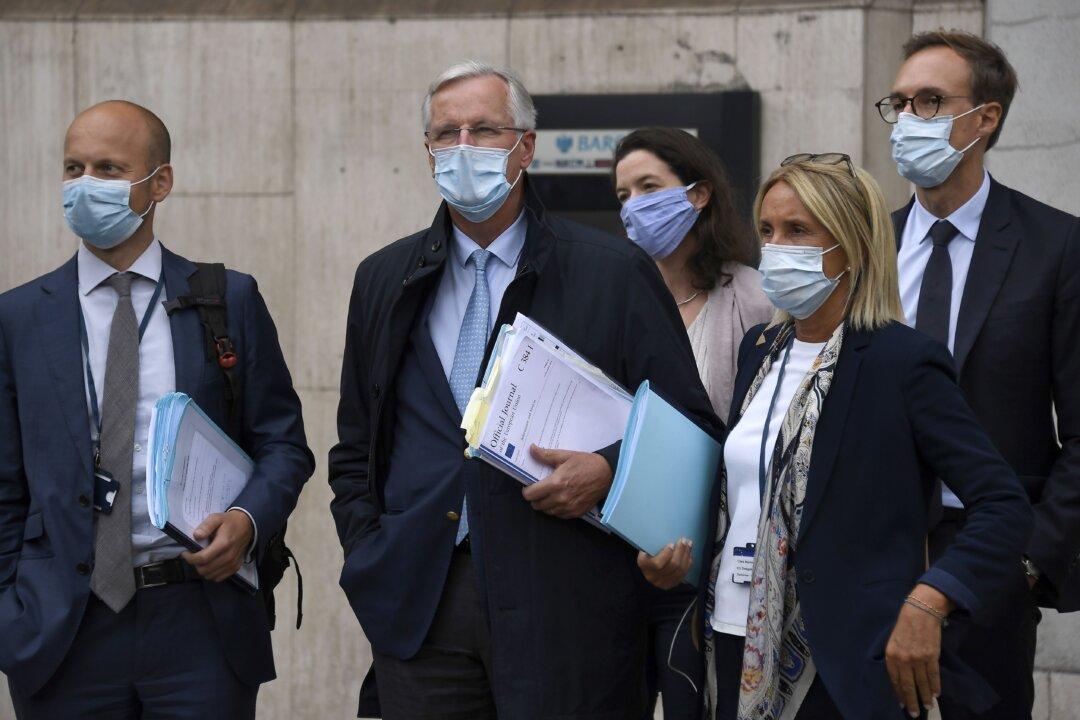BRUSSELS—Europe’s anti-fraud watchdog is investigating the possible misuse of EU funds earmarked to provide food for refugees stranded in Greece, after allegations of financial mismanagement were reported by officials.
Investigators at the European Anti-Fraud Office (OLAF) were called in by the European Commission after “alleged irregularities” were highlighted in information submitted to officials in Brussels last year.
